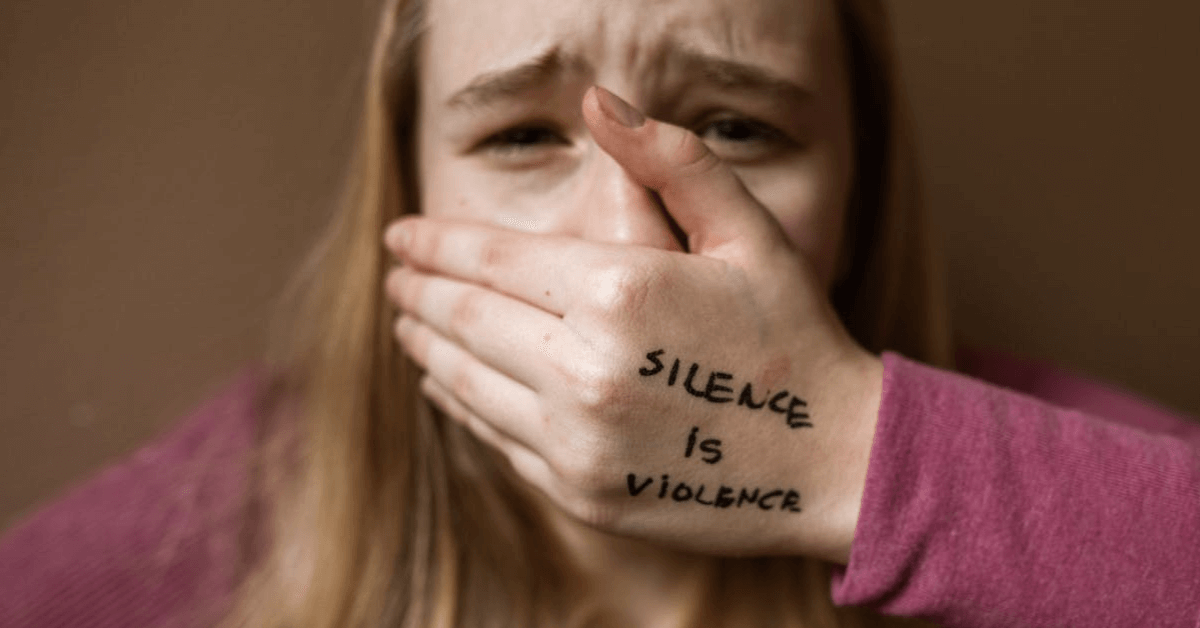Coercive control laws in Victoria are designed to address and prevent patterns of controlling and manipulative behaviour in intimate relationships.
These laws aim to protect individuals from non-physical forms of abuse that can cause significant psychological harm and restrict personal freedom.
What is Coercive Control?
Coercive control refers to a range of behaviours used to dominate and control another person. This can include emotional manipulation, surveillance, financial control, isolation from friends and family, and threats. Unlike physical violence, coercive control is often subtle and can be harder to recognise.
Key Takeaway:
Coercive control involves a pattern of behaviours aimed at dominating and controlling another person, often without physical violence.
Why Coercive Control Laws Are Important
The introduction of coercive control laws in Victoria recognises that abuse is not always physical. These laws provide a legal framework to identify, address, and prosecute non-physical forms of domestic abuse. This shift is significant as it acknowledges the profound impact of psychological and emotional abuse.
Key Takeaway:
Coercive control laws highlight the importance of addressing non-physical forms of domestic abuse, and recognising their severe impact.
Legal Framework of Coercive Control in Victoria
Victoria’s legal framework for coercive control includes various measures to protect victims. The laws cover a range of behaviours, such as threats, humiliation, intimidation, and other forms of psychological abuse. Victims can seek intervention orders, and perpetrators can face criminal charges for their abusive actions.
The implementation of coercive control laws has a profound impact on how society views and addresses domestic abuse. By legally recognising non-physical abuse, these laws help shift societal attitudes and promote a better understanding of the complexities of domestic violence.
Key Takeaway:
The legal framework in Victoria addresses a range of coercive behaviours, offering protection to victims and holding perpetrators accountable.
Need a Lawyer?
4 Signs of Coercive Control
Recognising the signs of coercive control is critical in identifying and addressing abuse. Below are key indicators that can help in understanding and addressing this form of domestic violence:
Monitoring Activities: Perpetrators of coercive control often closely monitor their victim’s daily activities. This can include checking phone messages, emails, and social media accounts, or even using GPS tracking to follow their movements. Such behaviour creates a pervasive sense of surveillance, leaving the victim feeling constantly watched and controlled.
Controlling Finances: Financial control is a common tactic used in coercive control. The abuser may restrict access to bank accounts, provide an allowance, or scrutinise every expenditure. This financial dependency traps the victim, making it difficult for them to leave the relationship or gain independence.
Isolating the Victim from Loved Ones: Abusers often isolate their victims from friends, family, and social networks. This isolation can be achieved through manipulation, such as convincing the victim that their loved ones are harmful or untrustworthy, or by outright forbidding contact. Isolation weakens the victim’s support system, making them more reliant on the abuser.
Repeated Verbal Abuse: Verbal abuse is a significant aspect of coercive control. This can involve constant criticism, humiliation, threats, and intimidation. Over time, repeated verbal abuse erodes the victim’s self-esteem and sense of worth, making them more compliant and easier to control.
Key Takeaway:
Awareness of coercive control signs is crucial in identifying abuse and seeking help. Recognising these behaviours can lead to timely support and intervention, ultimately ensuring the safety and well-being of those affected.
Support Services for Victims
Various support services are available for victims of coercive control in Victoria. These services offer counselling, legal advice, and emergency assistance. Organisations such as Respect Victoria and Relationships Victoria provide resources and support to help victims navigate their options and find safety.

